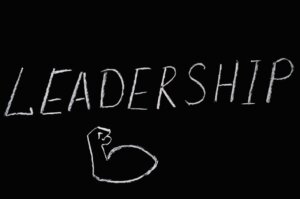from guest writer Carter McNamara of Authenticity Consulting, LLC
Many Coaching Models Have Certain Approaches in Common
About 15 years ago, I had the privilege of studying a variety of coaching models. When people asked me which model was best, I always answered that it was the last model I had studied.
Each model seemed tremendously powerful — because each had certain practices in common. I came to realize that those common practices in coaching seemed to make the biggest difference for those being coached. I came to call them “core” coaching skills. Since then I’ve incorporated them into a process I call “peer coaching groups.”
“Core” Coaching Skills — The 20% That Gets 80% of Results
I had realized that the experience of having someone —
- Ask me what’s important to me now, what do I want to accomplish.
- Ask me questions about how I came to identify that priority.
- Ask me what success would look like if I addressed my priority.
- Ask me about my nature, how I like to work on priorities in my life.
- Ask me what relevant and realistic actions I might take to address my current priority.
- Ask me what I’m learning as I’m working to address the priority.
— was extremely powerful. All of the models seemed to include this or a very similar sequence of questioning.
Core Coaching Skills Are Accessible to All
The process is so clear and straightforward to apply that almost anyone can be of tremendous help to another person, to members in a group — or to him/herself by posing those, or similar, questions.
That’s one of the features that makes the coaching process so very powerful. I’ve watched 100s — if not 1,000s — of people around the world use core coaching skills to help others transform themselves and their work.
Many people might strongly criticize me for suggesting that coaching is a simple process. I’m not suggesting that. I’m suggesting there’s a central set of techniques is very powerful. Certainly, these can be embellished in many ways — and an explosion of coaching schools have done that.
I’ve watched as the field has become a profession for many, including codes of ethics and credentialing. I look back very fondly on those early years where so many people watched this wondrous new field become so popular to so many — and for good reason.
What do you think?
For more resources, see the Library topic Personal and Professional Coaching.
———————————————————————————
Carter McNamara, MBA, PhD – Authenticity Consulting, LLC – 800-971-2250
Read my weekly blogs: Boards, Consulting and OD, Nonprofits and Strategic Planning.
 Sections of this topic
Sections of this topic
















